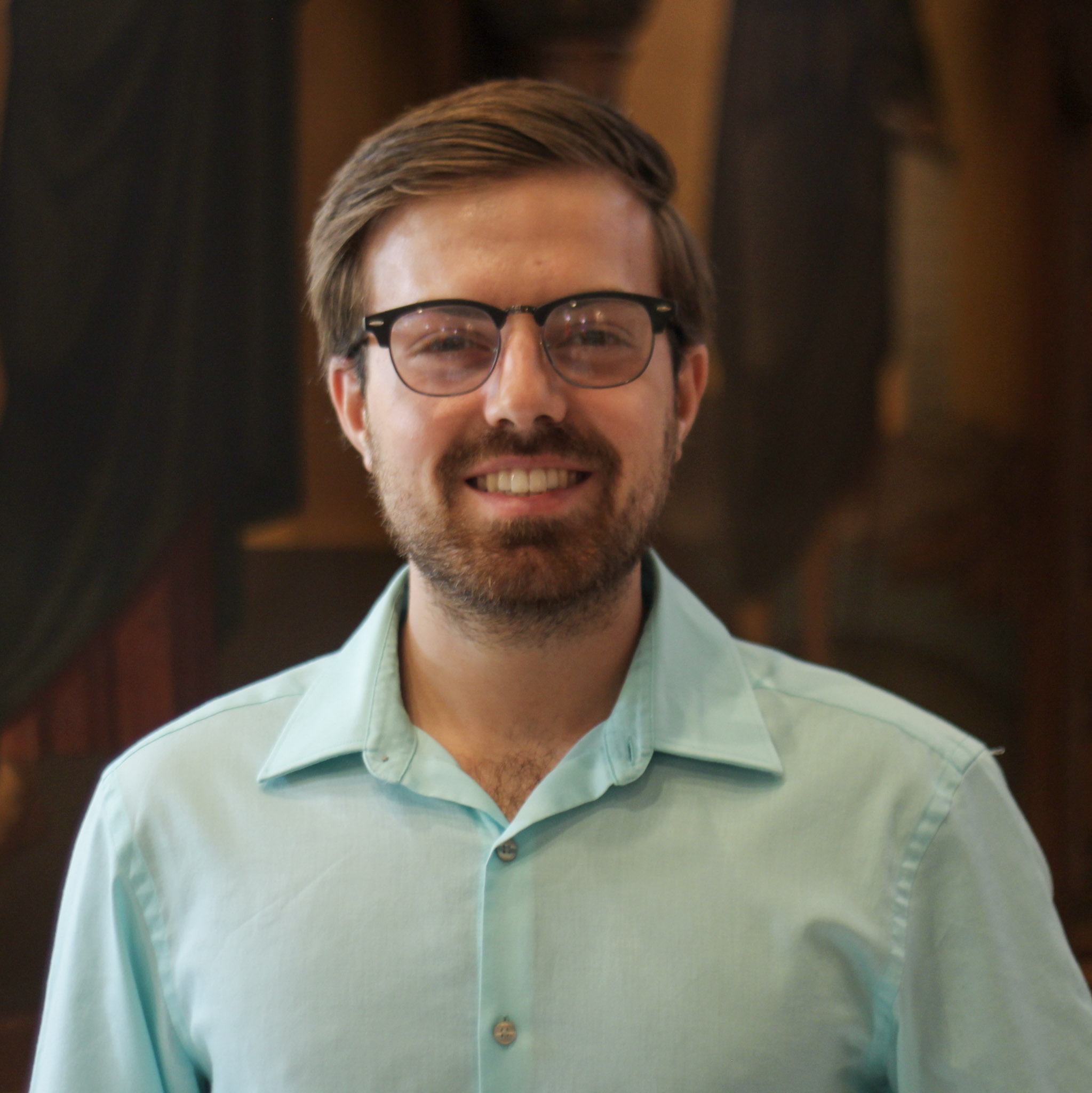This post was originally published on this site
“But seek first the kingdom of God and His righteousness, and all these things shall be added to you.” (Matthew 6:33)
Take a moment to mentally travel to outer space. You’re in a telescope powerful enough to see people down on the surface. You decide to zoom in on yourself and see what it looks like to observe your day from an outside perspective. What would the video feed from the telescope look like?
The day of an average student probably includes, at some point or another: Waking up in the morning, going to bed in the evening, eating breakfast, lunch, and dinner, attending class, hanging out with friends, going to club meetings, maybe playing sports, studying around exam times, and going on the occasional weekend trip. Options for activities abound, and the variety is endless. We live complex lives every day from sunup to sundown.
Since our lives are so complex, is there anything that we all have in common? Yes, and it’s quite simple: we act on our priorities. Each person starts their day with a new sixteen hours of attention and time; we direct these towards what we consider important enough to deserve them. Our daily cycles of behavior, both habitual and novel, reflect our inner beliefs about what matters, and we cannot help but act on these beliefs.
Priorities are a hot topic in business and always connect to questions of time management, productivity, and relationship development. These are important topics, but in this brief post, let’s go deeper into this question. Priorities aren’t our to-do lists at their core, they are philosophical and belief driven. They depend on our answer to the question “What does it mean to be a human being?” Since whatever we believe a human being should do all day, that’s what we do, consciously or unconsciously. Let’s explore the answer to that question and consider how our beliefs – and therefore our priorities – impact our lives as Orthodox Christians, especially Orthodox Christian college students.
We as Orthodox Christians have a wonderful answer to the question of what it means to be a human being. We are the children of God, made in His image and likeness, the crown of creation. God Himself became one of us. The outer space exercise was not designed to make you feel inconsequential or small. Rather, its purpose was to show you the unique opportunity we have of living on this Earth and the importance of living it as a true human being.
Knowing that a human being is a child of God begs the question: What does it mean to live as a child of God? What does a child of God do all day? We are all unique, so the answer won’t look exactly the same for anyone. However, certain things are for all of God’s people, and Holy Scripture points us towards what these are.
Jesus Himself teaches us how to live as a child of God. He teaches many things, but I want to call your attention to two specific aspects.
Firstly, The Sermon on the Mount in Matthew chapter 5 begins with the Beatitudes (“Blessed are the poor in spirit…”), which we hear at every Sunday Liturgy at the Third Antiphon. The beatitudes make clear that much of being a child of God has to do with our daily spiritual attitude. Christians are called to know their dependence on God, to live meekly, cultivating the fruits of the Spirit (cf. Galatians 5:22-23) such as gentleness, patience, and self-control. We recognize that God is large and that we are small – but we take refuge in this and use this knowledge to trust even more that God is arranging all things for our good.
How do we acquire this knowledge of God and our dependence on Him, so that our spiritual attitudes become those that befit children of God? If we get to know Him, then we can’t help but begin to acquire the humility and meekness that God asks of us. As children of God, we should consider our relationship with God, our worship of Him, and living our lives according to His spiritual principles and commandments to be our most important endeavor as human beings. This is normal and natural for us—it’s what we were meant to do. It’s not easy, but the more we struggle to act in accordance with our true nature, the more grace God will give us to accomplish it.
Secondly, Jesus calls us to live our lives according to our context. Consider Zacchaeus, the tax collector. He, like many other tax collectors, partook in fraud and theft, taking advantage of people under the guise of a public servant. After Zacchaeus met Christ, however, he repented and became generous; Christ even said, “This day has salvation come into [Zacchaeus’] house” (Luke 19:9). But Zacchaeus remained a tax collector for many years – only this time, he lived as a righteous tax collector and carried out his work in the manner befitting a child of God. Herein lies the key for us to discovering our priorities and living out our calling.
As college students, we should take heart. If we have made it this far, it is clearly part of God’s will for us to participate in this special time of learning and discovery. Now we must welcome God into our lifestyle.
What do we do, then, practically speaking? With the guidance of a spiritual father, we make morning and evening prayer into our source of strength, beginning and ending our days with the Lord. We build the reading of the Scriptures into our prayer routines. We approach our studies with the mindset that God is the Source of all knowledge and that we are blessed to study His creation and increase our knowledge of it. We “sprinkle” our days with the sign of the Cross and the Jesus prayer to remain close to God. We tithe. We attend Church on Sundays and, if we are able, at times during the week. Most of all, we strive to radiate kindness and to love every soul that we encounter: our friends, our classmates, our professors, our families, and strangers. These practices shape our spiritual attitude and prepare our souls for whatever God may send us by means of our experience in college. Second, King Solomon instructs us “Whatever your hand finds to do, do it with [all] your might” (Eccl. 9:10). Build excellence into your study habits, your organization involvements, and your relationships, one step at a time. God will help you to do it all; all that must happen is that you must begin!
Christ’s teaching to seek first the Kingdom of God comes with a promise: “that all these things (everything needed for life on Earth) shall be added to you.” Therefore, we can trust that if we put God first, we will finish that homework assignment, we will find great joy in that club, we will develop great relationships with friends and mentors. God empowers us to live lives that are pleasing to Him and that give Him glory, both in ways that we can see and in ways that only He knows.
With the power of God, our path on the Earth becomes imbued with life. We can go about our days in joy and peace, knowing that God is working all things for our good. If we put Him first, we can do all things – and we will receive the grace of eternal life. Let us run forth, then, to glorify our God in all that we do.

Evan Roussey
Real Break Student Leader
Evan is a senior at the University of North Texas studying Communication. He loves being a part of OCF, and also enjoys jazz trombone, chess, Jiu Jitsu, and planners. When he’s not at UNT, you’ll find him in the great outdoors or catching a good vibe with his best friends.




